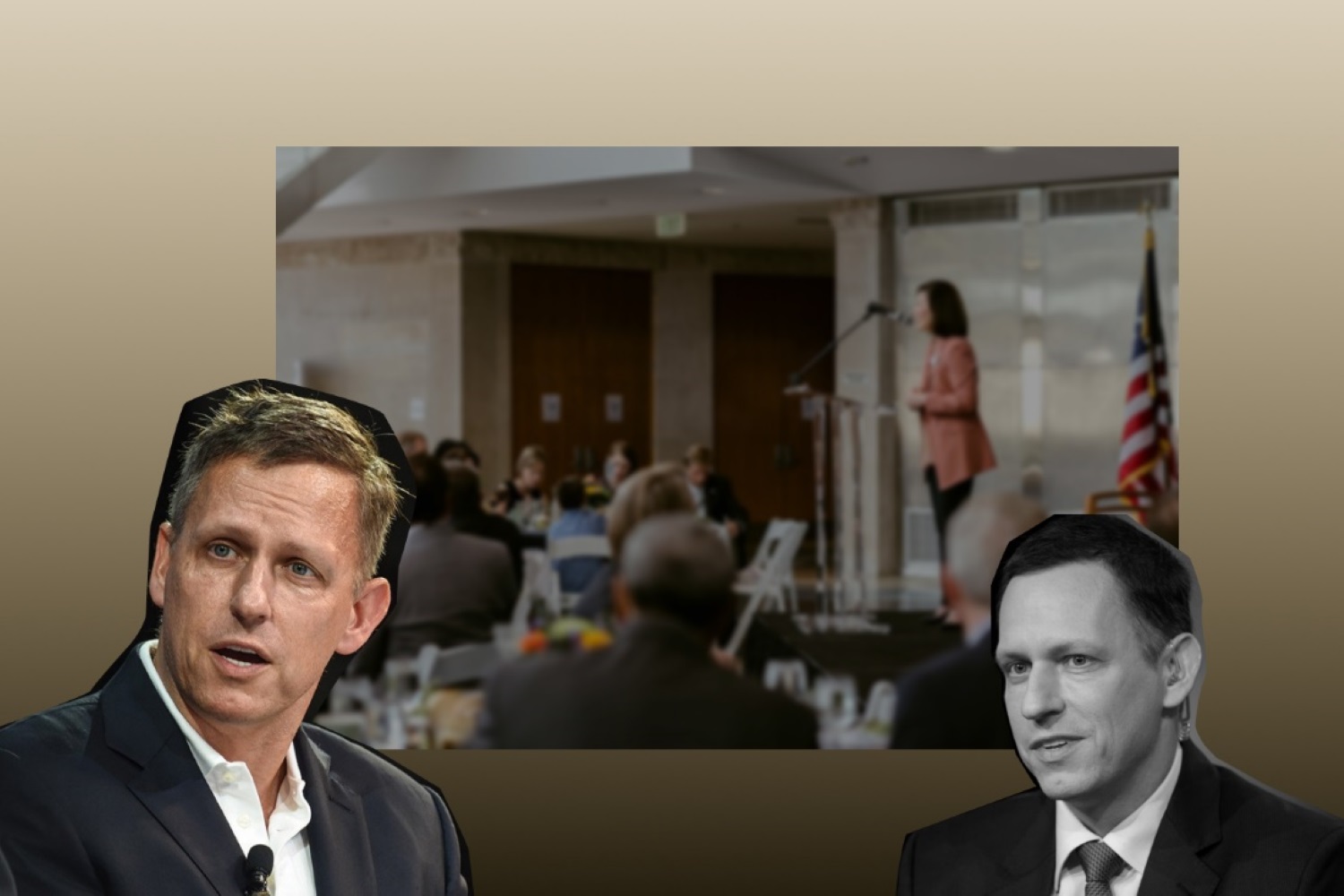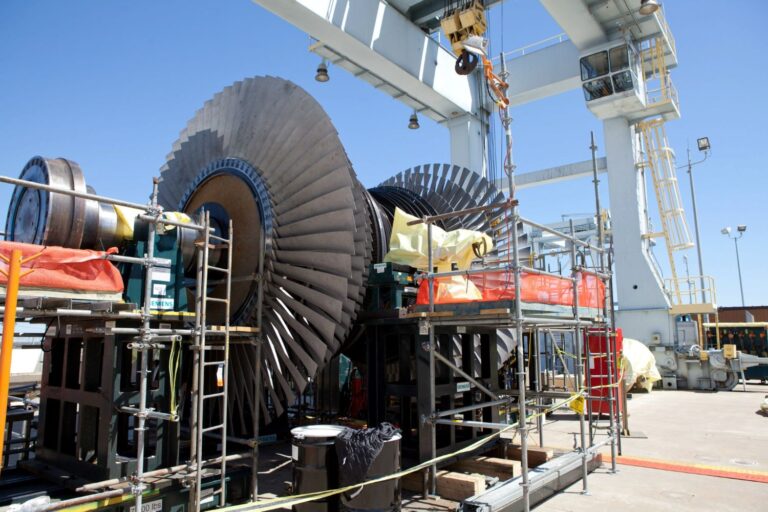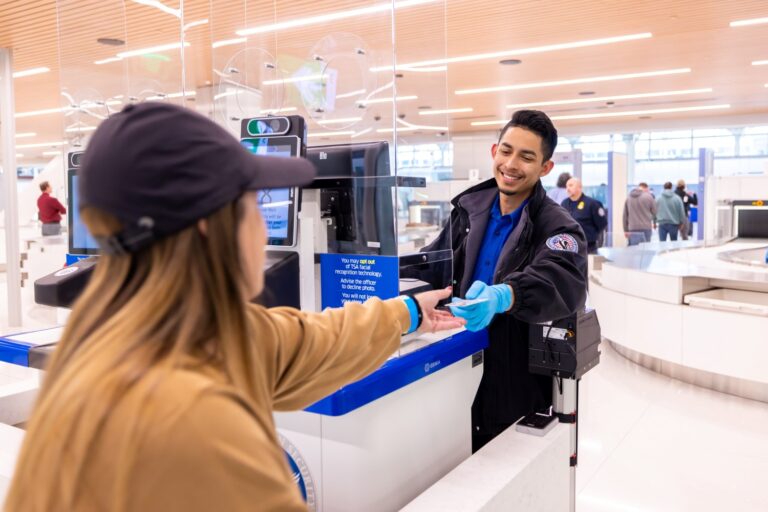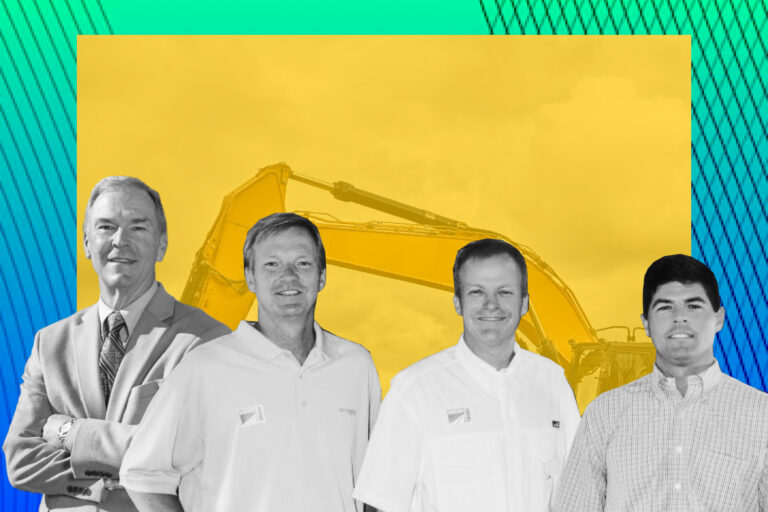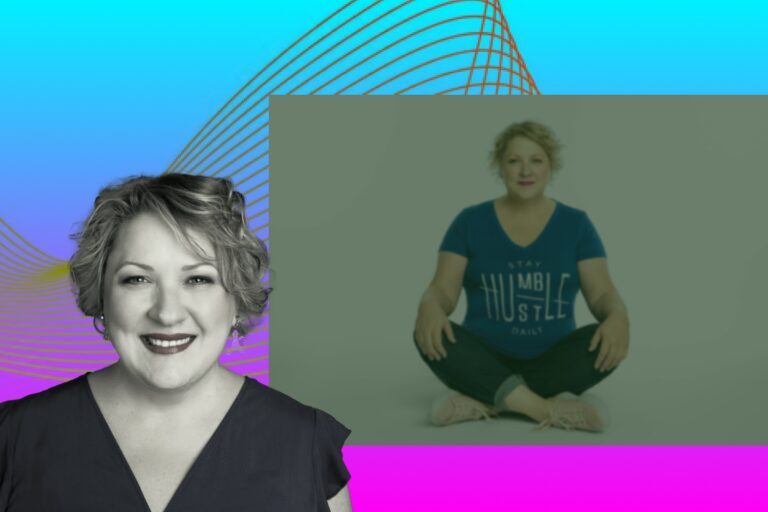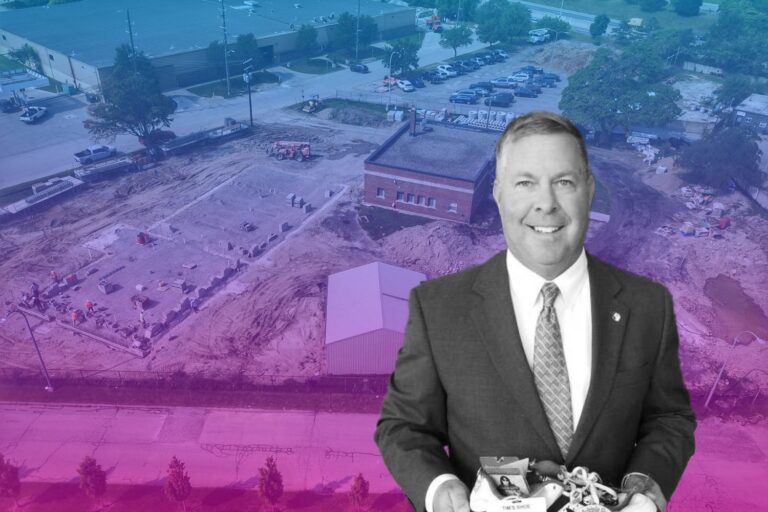This PayPal Mafia Hunting Puzzles to Shape the World
Entrepreneurs frequently complain about the power imbalance with venture capitalists, but there was little they could do about it. They had little hope of turning their lofty ideas into viable businesses without venture capital. However, the technology boom of the 1990s resulted in large returns for many Silicon Valley entrepreneurs, who are now reinvesting their new wealth in promising ventures.
That was the case of Founders Fund, one of the most honorable capital firms in the industry. Founded in 2005 by Peter Thiel, and later joined Ken Howery, and Luke Nosek, the venture operated with the goal of funding entrepreneurs that have a unique vision for changing the world. Historically, the firm has invested in a wide range of industries, including aerospace, artificial intelligence, advanced computing, energy, health, and consumer Internet.
Primarily since they were all founders themselves, they’re inherently more interested in helping new entrepreneurs develop into successful leaders. That was a game changer in the VC world at the time Founders Fund was founded. Even so, it’s just a part of their amazing journey that is presented in this article. Let’s read on.
Be Careful When a Nerd Takes Revenge!
Entrepreneurs experimenting in venture capital is nothing new, and it can be a great combination for some. If you’ve been an entrepreneur, you’ll gain a lot of credibility as a venture capitalist. That was the story of Founders Fund founder Peter Theil.
Prior to launching Founders, Thiel co-founded and served as CEO of payment processing giant PayPal. He also co-founded a number of other businesses, including Palantir Technologies, a data analytics firm that serves the US government and other large organizations.
After living the entrepreneurial life, Theil decided to start a new chapter in 2005, when he founded a venture capital firm that specialized in riskier investments and out-of-the-box ideas with moonshot prospects. Founders Fund initially invested in genomic sequencing technology, aerospace, and life extension.
Besides serving as an entrepreneur and venture capitalist, Peter Theil is also an active political activist. During the 2016 election, Thiel emerged as one of Trump’s most ardent supporters among a group of mostly left-wing tech leaders. He’s been chastised for “normalizing” an administration whose policies many see as antithetical to the interests and values of the industry.
Now, Theil is standing on his feet, on the strong foundation of what he’s been architecting. But his childhood isn’t as beautiful as the present.
The founder was born in Frankfurt, Germany in 1967. His family relocated to Foster City, California, when he was ten years old, where he learned to play Dungeons and Dragons and chess. His early interest in math and science labeled him as a nerd, and he was bullied at school.
These interests paid off as a young adult, when he was accepted into Stanford University in 1985, where he first studied for a bachelor’s degree in philosophy. He then attended Stanford Law School, where he earned his doctorate in law in 1992.
In 1998, while giving a small lecture at his alma mater, he met a young online security expert named Max Levchin. Thiel was impressed with Levchin’s business plan and decided to back him. That is where the man started his phase as an investor.
Thiel is well-known not only for his business acumen and lavish lifestyle, but also for his unconventional belief that founders should have a greater stake and say in their companies.
“We are basically trying to help the next generation of founders and entrepreneurs build awesome businesses, we tend to like somewhat riskier, more out-of-the-box companies that really have the potential to change the world,” said Peter Theil.
And that’s what he and his team have been leaning on since the initial days of his capital firm. Still, his flagship Founders Fund is still a “bit” player in a soaking-rich field. However, its close ties to talented entrepreneurs, as well as its founder-friendly approach, have opened doors to sought-after Silicon Valley startups.
Scavenging Elements to Form the Ideal Ecosystem
The capital has a clear vision of what the world should look like in a few decades, and they are looking for entrepreneurs to work with them to build toward that future. Founders Fund seeks companies in all sectors and stages that are enthusiastic about developing technologies to address the world’s most pressing issues.
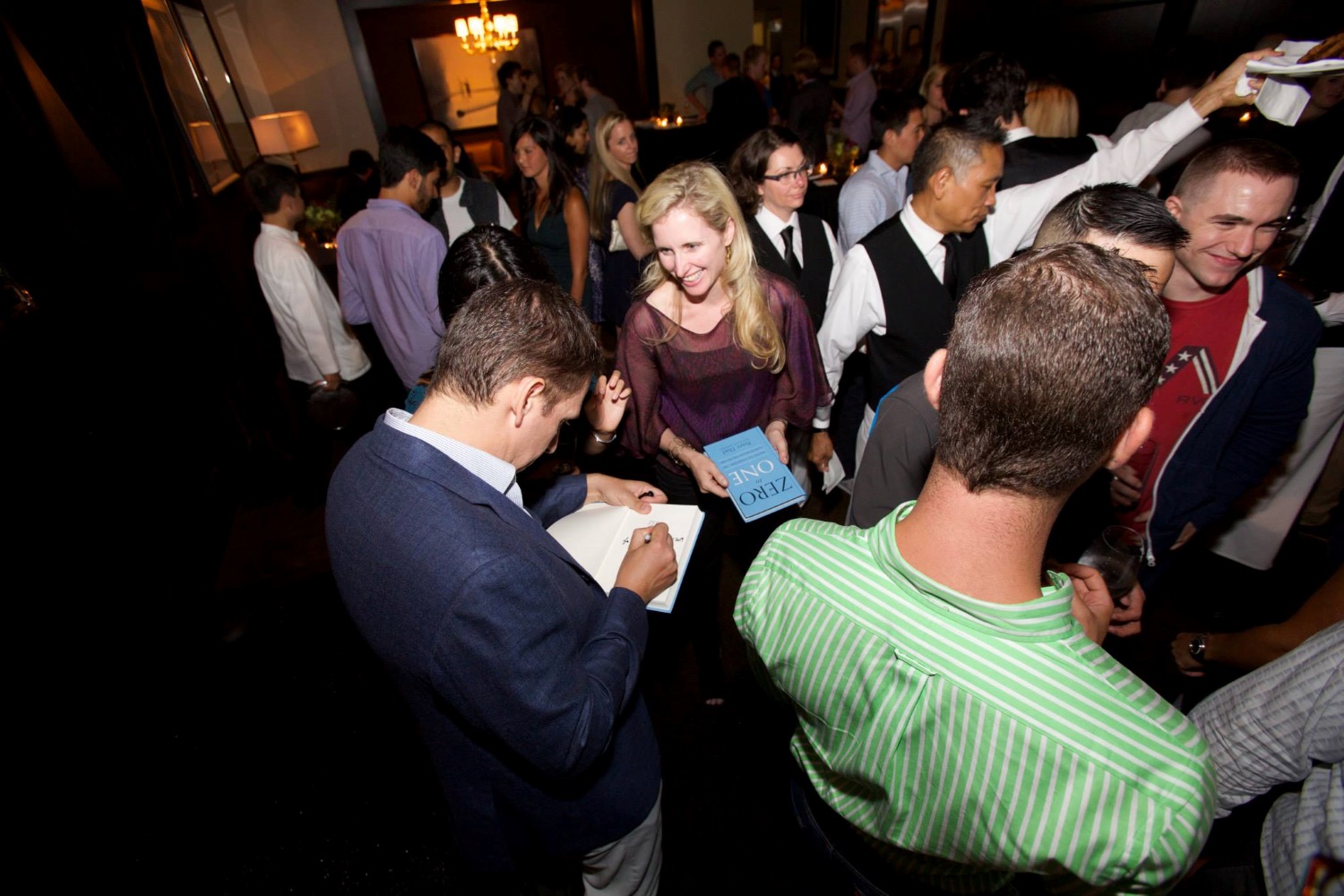
“We invest in founders we believe in, not companies we want to run,” said Ken Howery, Founder and Partner.
He added, “We find the best entrepreneurs, empower them to make decisions in the long-term interests of their companies, and offer them strategic guidance at every step of the way. We see ourselves as partners to our founders, not adult supervision.”
One thing about the capital is they are non-thematic. It’s not like they predicted social media and discovered Facebook, which Thiel wrote one of the first checks, or realized there was something interesting in aerospace and discovered SpaceX, which Founders Fund has invested in numerous times over the years, dating back to 2008.
It’s more about listening to big, bold ideas, all over sectors, which has unambiguously driven their best returns.
When it comes to how many startups the firm tends to invest in with each fund. Peter Theil once shared that, “Typically you expect a few dozen investments, with a handful where we double, triple, quadruple down, which generally means putting in $100 million, $200 million, $300 million at cost for several billion in exposure.
He added, “That concentrated piece is what’s more unique to the portfolio and what’s driven the returns more than anything else.”
Talking about checks, the smallest and largest has been $1 million to $300 million. “I’d never say we wouldn’t write a check larger than $300 million, and we have idiosyncratically gone smaller than $1 million” stated by Peter Thiel.
The environment before the birth of Founders Fund has shown Theil how old-fashioned and dominative VCs in those periods were. Looking at the setting right there, he saw such important holes need to be fixed. That is why the launch of Founders Fund is not simply about aiding new generations of leaders but also implies a more powerful insight.
Resetting the Standards in Venture Capital Game
Founders Fund built a portfolio that differs from that of most firms in the sphere by frequently betting on projects that their competitors considered too risky. That’s the first thing to portrait the capital.
The second aspect is more fascinating since “Back your friends” is one of Founders Fund’s tricks. Peter Thiel, along with Reid Hoffman and Elon Musk, is a well-known member of the so-called PayPal mafia, a group of entrepreneurs who worked together at the payments site and became wealthy when it was sold to eBay in 2002.
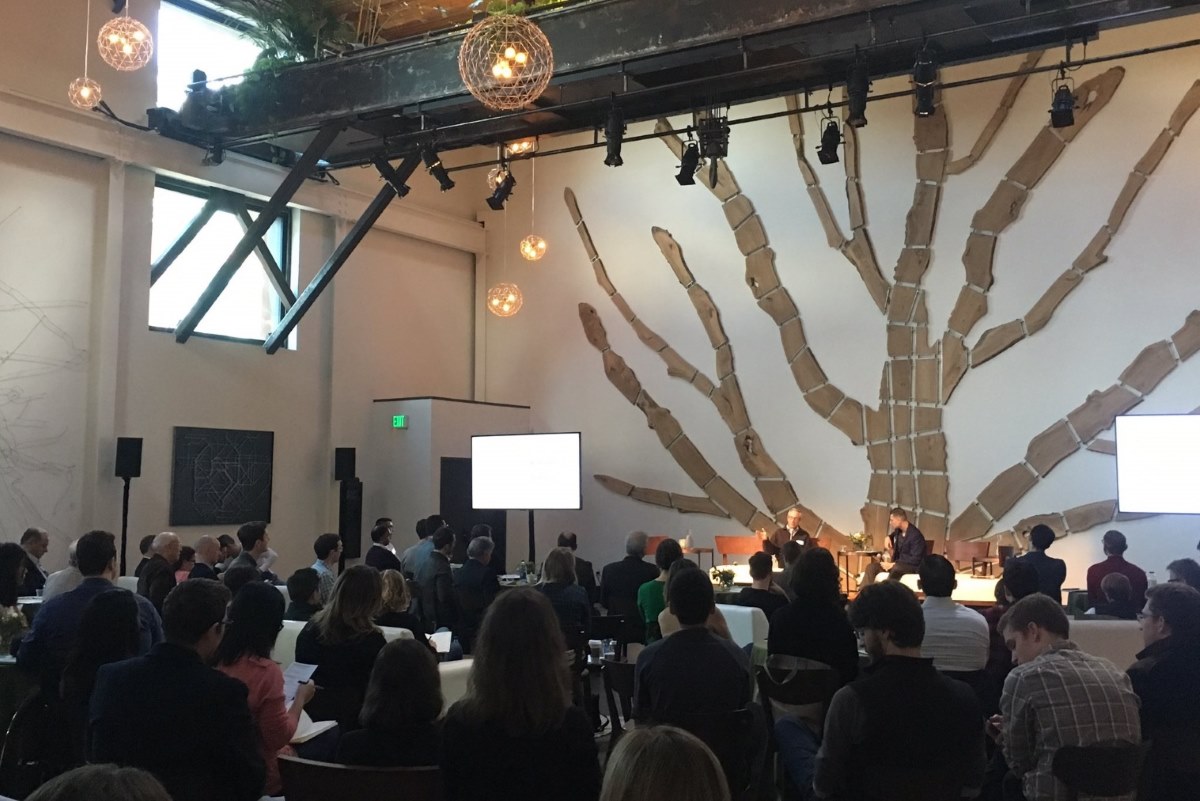
Thiel invested in PayPal alum David Sacks’ Yammer as well as Musk’s SpaceX. Palantir, which Thiel helped found, as well as Max Levchin’s Affirm, are in the family. Peter Thiel, as the clan’s Vito Corleone, has been the firm’s undisputed face.
Founders Fund rose to the top tier of venture capital by placing highly concentrated bets on a small number of companies, identifying a market leader first and then pushing up the scale with subsequent funding rounds. It’s a calculated approach that is also risky.
Founders Fund, on the other hand, has never written off more than $10 million on a bad deal. “That’s what you sign up for,” says Dan Feder, a Founders Fund investor who manages a portion of the endowment at Washington University in St. Louis. “There are very few VCs out there with that ability to identify and go large in what will be great companies.”
Amending the VC playbook has been Founders Fund’s approach since it started. Thiel and cofounders Ken Howery and Luke Nosek had met with myriad of venture investors while constructing PayPal, and they were not impressed.
One assisted in the establishment of a competitor. Another attempt was made to replace the founders with a more experienced management team. With cash on hand from eBay’s 2002 acquisition of PayPal, the trio was already investing in friends’ startups and assisting Thiel in running a small personal fund.
“We spent a whole year asking, how do we make a venture capital firm that we actually like?” According to Luke Nosek.
Their version of venture capital, as characterized by the name Nosek thought up, would live and die by the founders of a startup. The company would assist but not intervene. It would not veto a financing round, force a company to sell, or even demand a seat on the board. And when a startup faltered, Founders Fund wouldn’t force out its founders.
That’s what differentiates Founders Fund from the other VCs, and in this modern world, that thesis has grown into an important trend. Thanks to befriend with meaningful core value, long-term strategy and unique approach, the capital firm has been experiencing enormous growth and a wonderful track record.
Holding Great Patience, Making Golden Splashes
During its lifetime, Founders Fund has made 825 investments. Their most recent investment was on Mar 15, 2023, when Stripe raised $6.5B. Founders Fund has had 136 exits under its belt.
Founders Fund was the first institutional investor in revolutionary companies SpaceX and Palantir Technologies, and one of the earliest investors in Facebook. The firm is sector and stage agnostic, with a portfolio that includes Airbnb, Counsyl, Knewton, Lyft, Oculus, SolarCity, Spotify, Stripe, and ZocDoc. Recent portfolio company exits include The Climate Corporation, DeepMind, and Yammer.
In 2022, the 18-year-old capital announced more than $5 billion in new capital commitments across two new funds — a $1.9 billion early-stage vehicle and a $3.4 billion growth-stage vehicle — bringing its total assets under management to around $11 billion.
That’s a lot of cash. However, according to the San Francisco-based firm, which recently opened an office in Miami, it has returned $10 billion in shares to investors after its portfolio companies went public in the last two years as of 2022.
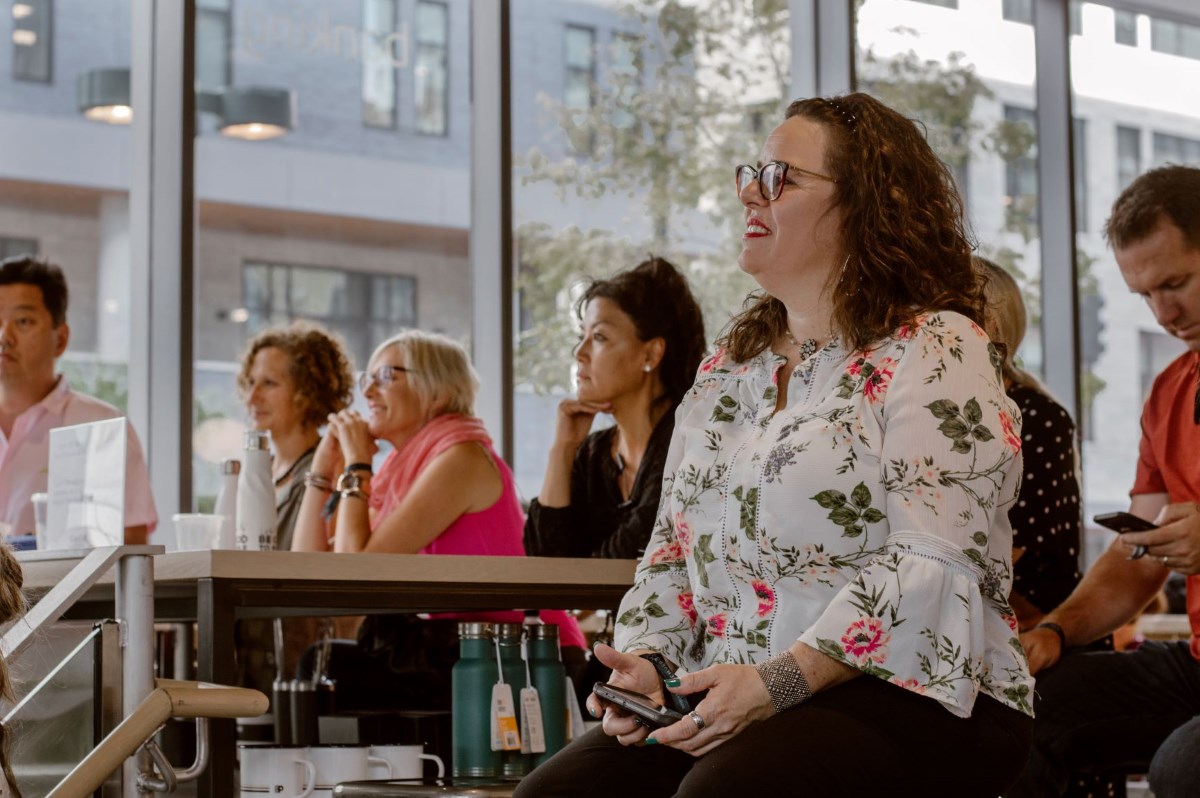
It’s not a boast to say that Founders Fund is a major success. The first fund was mostly made up of capital contributed by partners. The second and third were larger, with participation from a number of elite endowments and foundations.
The fourth fund was roughly three times the size of the third, and the fifth is nearly $1 billion in size. So, in terms of fundraising, they have been enormously successful.
What sets them apart is that their returns justify asset accumulation. The team is very talented at figuring out what might make something more valuable in the future, and invests accordingly, driven by a fairly relentless focus on out of favor ideas, sectors, themes, and business models.
Because of its ties to Facebook, Founders Fund made an early impression. Thiel became the first investor in Zuckerberg’s social network, dipping into the firm’s initial $50 million fund, eventually turning into a big deal. Soon after, Sean Parker, the president of Facebook, joined as a general partner.
Following a string of successful bets, Founders Fund sparked controversy throughout the Bay Area in 2008 when it invested $20 million in SpaceX, Musk’s rocket startup. “It wasn’t clear to anyone that this was going to work,” said Howery, “Every rocket had blown up.”
Financial performance is testament to the effort of the capital firm. However, the behind machine is more important when it can foresee the future and give out tailored steps to adapt in the world that changes continuously. That’s what Founders Fund does in the first quarter of 2023 as the venture industry is cooling down.
When the Venture Landscape Cools Down
The venture world took notice in March 2023 when it was announced that San Francisco-based Founders Fund would reduce the size of its $1.9 billion venture fund raised last year by roughly half.
According to a Crunchbase data analysis, the well-known firm has significantly slowed the pace of its dealmaking as the venture market has cooled and valuations have fallen.
At the peak of the market in 2021, Peter Thiel’s Founders Fund participated in 121 rounds totaling more than $10 billion (it’s important to note that the amount any investor, including Founders Fund, invests in a round is not usually disclosed).
Those figures fell precipitously in 2022, as venture capital numbers declined due to a variety of economic pressures lingering on the industry.
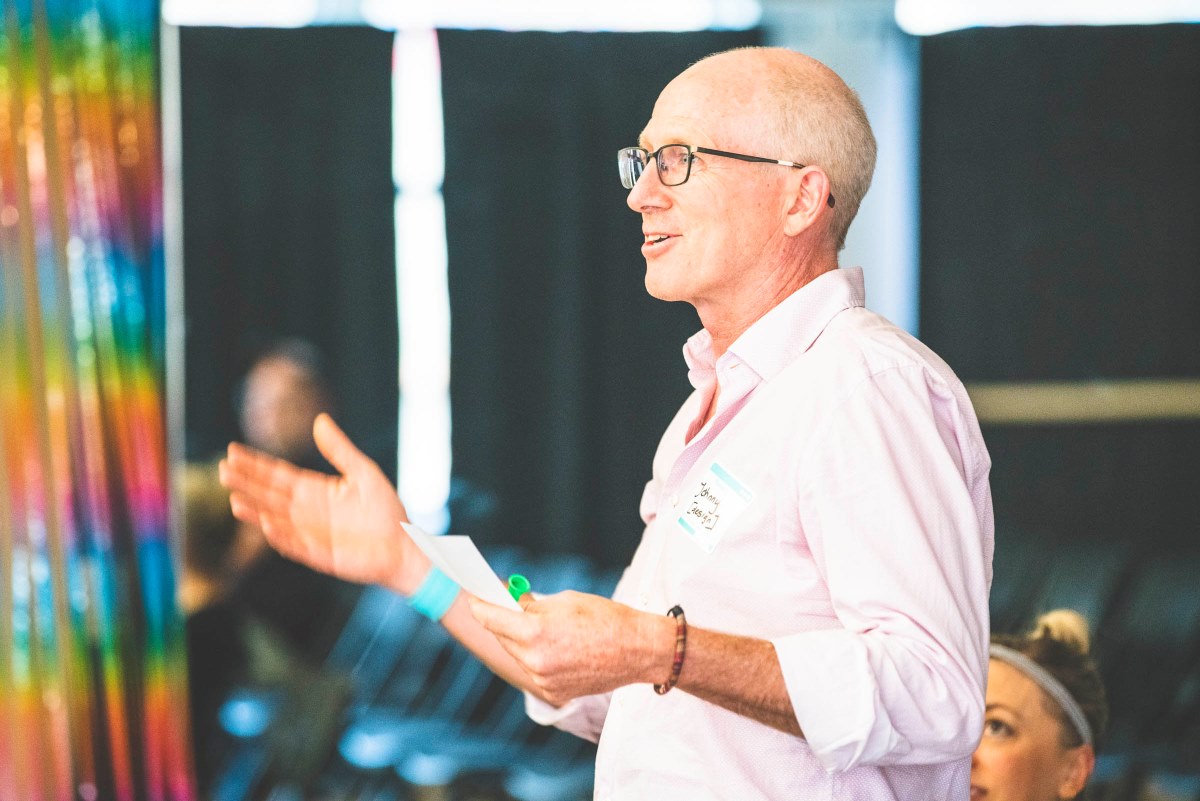
Founders Fund participated in only 80 rounds last year, a 33% decrease from the peak of 2021. These rounds brought in only $6.6 billion, a drop of more than one-third. However, that figure is slightly higher because it includes Valor Equity Partners’ massive $1.5 billion Series E for Costa Mesa, California-based defense and security firm Anduril.
According to Crunchbase data, the firm only made 32 deals in the last two quarters of 2022, with the numbers sinking steadily throughout the year.
Some of the largest rounds it led or co-led, including another $200 million for Ramp and a $100 million Series C for Redwood City, California-based cybersecurity firm Material Security, occurred in the first half of the year, when the venture market was still adjusting to changing economic winds.
The firm’s investment pace has not increased in the first two months of this year. It has so far taken part in only three announced rounds totaling less than $200 million.
This calendar year, Founders Fund has led only one announced round: a $15 million seed round for Brooklyn-based Zellerfeld Shoe, a 3D-printed shoemaker.
What’s Next
Recently, Peter Thiel’s venture capital firm is looking to raise $675 million in new funding for its ninth flagship fund. This news came after the firm reportedly slashed a different fund by nearly $1 billion, according to a recent filing. This partly shows that, even when the market is cooling down, Peter Thiel and his flagship still see a lot of opportunities in the dark time.
And one more thing is that we’ve been experiencing a myriad of hardships, and this one will appear as the filter of who will get through it, let’s see how Founders Fund deal with the game that’s getting harder.

